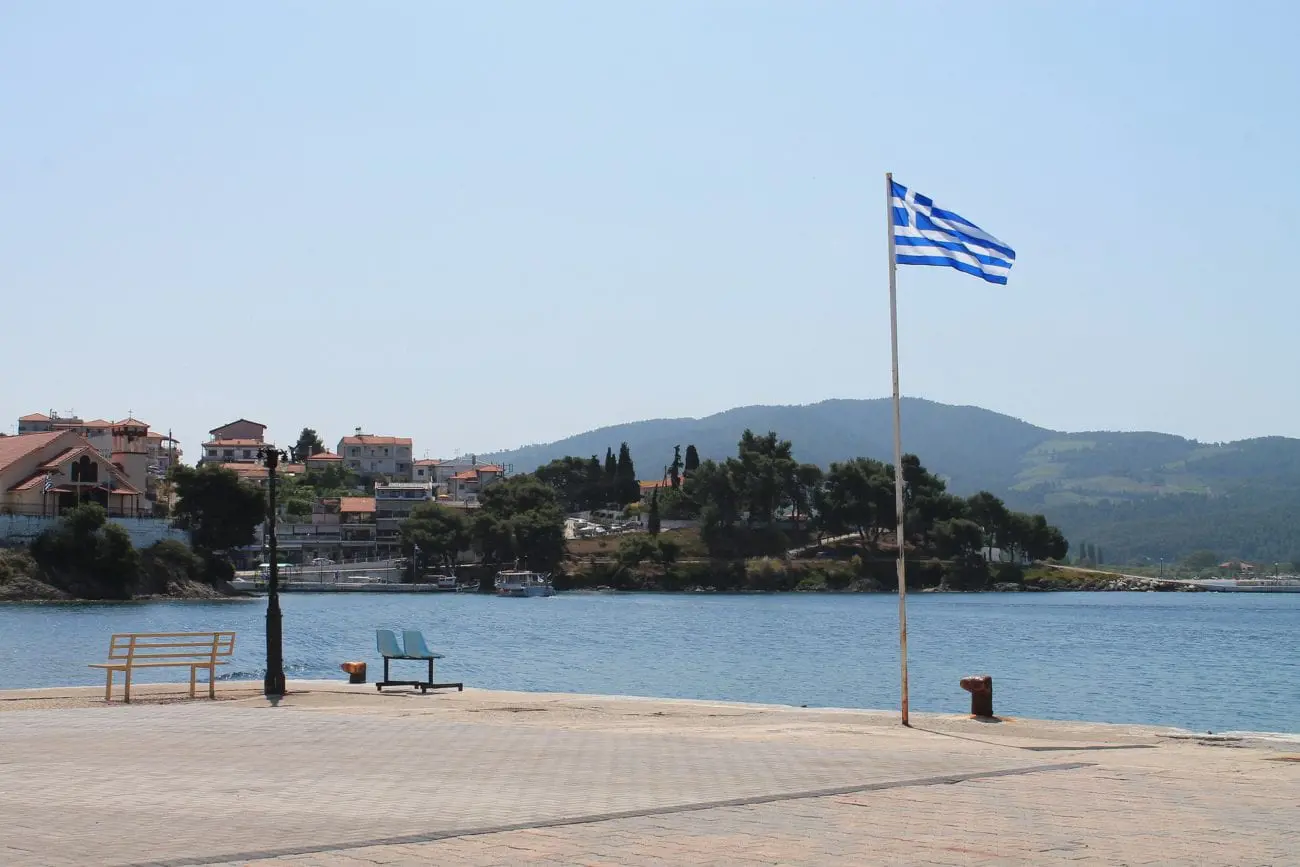Greece to ban slot advertising, set minimum spin times
Online random number generator (RNG) games will face a three-second spin limit and may not be advertised outside of an operator’s website, according to the country’s new secondary legislation as part of its Gambling Reform Act.

Online random number generator (RNG) games will face a three-second spin limit and may not be advertised outside of an operator’s website, according to secondary legislation published as part of its reform of the country's gambling laws.
Under the new rules, published in Greece’s official Gazette, online RNG games such as slots will have a maximum stake limit of €2, a three-second minimum spin and may not be advertised anywhere except on a licensee’s own website.
Initial gambling reform bills in Greece had hoped to ban these games entirely. However, this provision was removed in the version of the bill passed by Greece’s Parliament in October 2019 and submitted to the European Commission in January after operators threatened to challenge the laws.
Instead, tight restrictions such as a €2 spin limit and a €5,000 maximum prize per gaming session were put in place.
In the secondary regulations, these rules have been supplemented by a ban on advertising slots, while players must not be able to start a new game cycle - such as a slot spin - within three seconds of the previous cycle, with an exception for poker.
Meanwhile, all casino games will face a €70,000 prize limit.
Besides the restriction on advertising RNG games, gambling marketing faces many other regulatory requirements.
Affiliates must sign a “cooperation agreement” with licensees that includes the method of calculation and the manner and time of fees paid to the affiliates. Licensees must notify the Hellenic Gaming Commission (EEEP) of the signing of these agreements.
Social media advertising is permitted, but only if it can be restricted to those aged 21 and over.
Marketing communications are not allowed to target minors, include characters who appear to be minors, appear during programming or on websites directed at minors or to present gambling as an activity marking the transition from adolescence to adulthood.
Advertising is also not permitted to “present a positive image” by showing gambling winnings going towards tax revenue or good causes, and cannot “ contain unfounded statements about the chances of winning”.
Furthemore, it may not “promote the false impression that the outcome of the game can be predicted” or “hint that skills can affect the outcome of a game”.
All advertisements must mention the EEEP and the legal age to gamble.
Elsewhere, online players must also choose deposit, loss and time limits for their play. The licensee must send customers a warning when they exceed 80% of their limit.
Bets can be offered on both real events organised by a “recognised” body as well as virtual sports events and “other events... the nature of which is suitable for conducting betting”. Maximum winnings per bet may not exceed €500,000.
Licensees must hold at the money held in player accounts at all times, replenishing any deficit between player accounts and the money it holds for players within three days.
A self-exclusion system, for both playing and marketing communications, will be in place, with players free to choose how long the exclusion will last.
As specified in the initial legislation, an online betting licence is priced at €3m, while for other online games this is €2m. Both licences last for seven years.